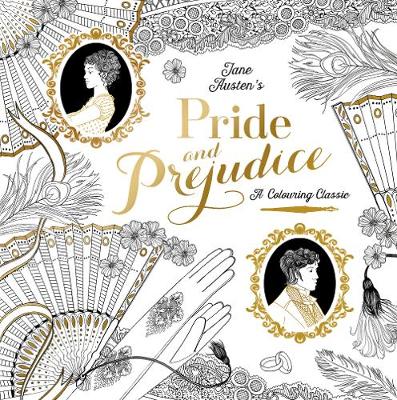Today I am very pleased to welcome Liz Nugent to my blog. Liz's new book. Lying in Wait, is released on Thursday and is a great read, full of twists and turns and leaves the reader waiting to the very explosive end.
I asked Liz Nugent about the importance of class within her novels:
Class plays a big part in both of my novels Unravelling Oliver and Lying in Wait. Mostly, I use it for
comic effect because, let’s face it, snobbery is ridiculous and funny, and
everyone gets it wrong. The middle classes think the working class are
criminals and the working class think the middle class are rich. The upper classes
actually don’t care. They are too busy trying to find ways to keep the heating
on in their draughty old stately homes.
I write mainly about middle class characters, and their
struggle to keep up a lifestyle they often can’t afford because I think, for
them, it is all about appearances.
In Unravelling Oliver,
Oliver went to boarding school and then to university, but because he was
financially cut off by his father, he had a very real anxiety about being able
to keep up with his friends socially. He never lived in real poverty; he never
went hungry, but the shame of his circumstances led him to make terrible,
terrible decisions with tragic and devastating consequences, which rippled
outwards for decades to come. When he finally had the money to match his social
class, he became the ultimate snob, sneering at those, like Barney, who he felt
were beneath him.
Barney was a salt of the earth working class man who dated a
girl from the ‘posh’ house. He never felt good enough for her and when he was
usurped by Oliver, he didn’t even put up a fight because he felt that Oliver
was better than him, a cut above. Poor Barney!
When I wrote Lying in Wait, and set it in the recession of
the 1980s, the matriarch, Lydia’s family has been defrauded by their
accountant, a member of her husband’s Old Boy’s club. She cannot deal with the
shame and the humiliation so they decide to keep it to themselves. They move
their son from a public school to a state school, under the pretence that it is
more convenient, because it is closer to home. Lydia is determined to keep her
late father’s legacy intact. When Laurence later meets a girl (no spoilers!)
from a working class background, he is terrified of introducing her to his
mother for many reasons, but one of them is the girl’s social standing.
Speaking on a personal level, I grew up in a middle class
family but worked in the Arts for many years. The Arts is a tremendous
leveller. You don’t make it in the Arts because of who your Daddy is, or where
you went to school. Queen Victoria is quoted as saying ‘Beware of artists, they
mix with all classes of society and are therefore most dangerous’! Artists challenge
societal norms and often make people uncomfortable. That’s our job!
Thanks, Sarah, for giving
me the chance to write about such a thought-provoking
topic and for taking part in this wonderful blog tour!
Thank you to Liz and the publishers, Penguin Randomhouse for sending me this book to review and inviting me to be a part of this blog tour.








